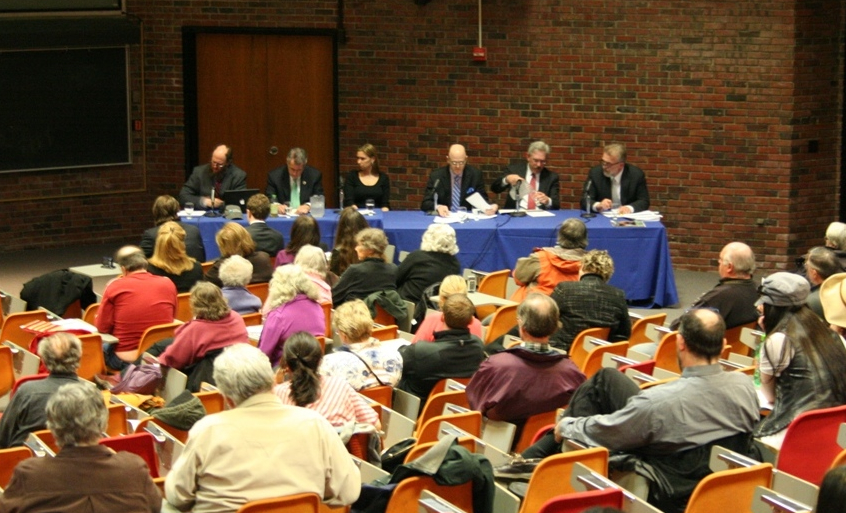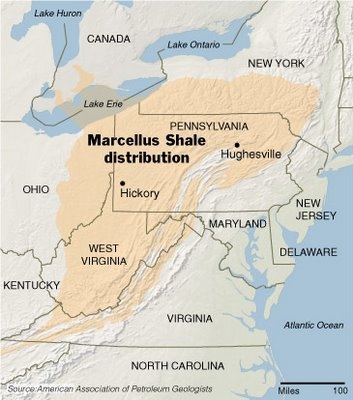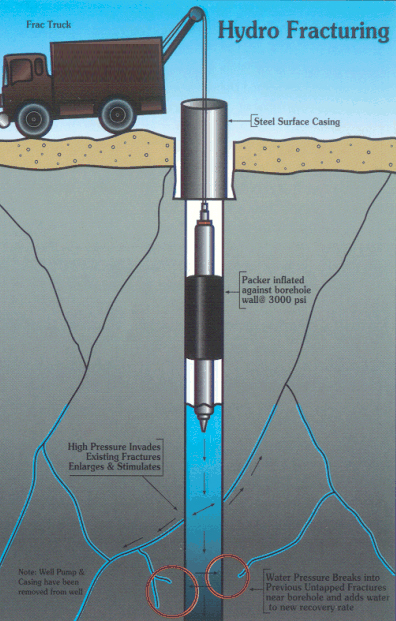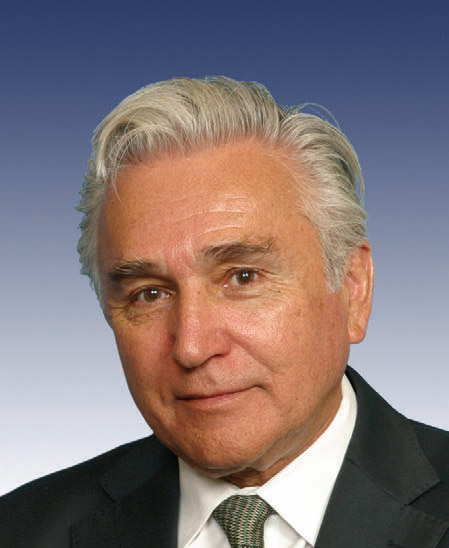
ScheinMedia and the SUNY New Paltz Environmental Task Force, comprised of faculty members, students and the New Paltz community, hosted a public forum titled “The Future of Gas Drilling in New York State” on Monday, March 8 in the Lecture Center at SUNY New Paltz.
The event was organized so that both positive and negative opinions could be discussed about gas drilling in the region. The panel featured Wes Gillingham, program director of Catskill Mountainkeeper, James Gennaro, chairman of the New York City Council Environmental Protection Committee, Kate Sinding, senior attorney for the Natural Resources Defense Council, Stuart Gruskin, executive deputy commissioner of the state Department of Environmental Conservation and Scott Rotruck, vice president of Chesapeake Energy. ScheinMedia founder and CEO, Jonathan A. Schein, served as the moderator for the panel.

“We’re not here to tell you what to think,” said Paul McGinniss, ScheinMedia’s Green Advocate columnist and event organizer, who made an introduction speech prior to the debate. “We’re here to give everyone enough information so that they can make informed decisions about this extremely important issue that’s facing New York state.”
The primary focus of the forum was the process of hydraulic fracturing or “fracking” in the Marcellus Shale formation, which spans across four states and is considered one of the biggest gas deposits in the country. According to Schein, fracking is a controversial drilling technology that uses high amounts of water and chemicals to access oil and gas trapped in hard-to-reach shale formations.
“The [Environmental Protection Agency] has urged state regulators to further study the environmental impact of such techniques,” Schein said. “Primarily because the federal government has no oversight in this matter.”
There are many differences between this new process of drilling and the conventional drilling process, which has been regulated in New York over the past few decades. Gruskin’s role as a representative of the state DEC, the agency that regulates permits and drilling, is to take a look at this new process and make sure it is done in a way that will protect the environment.
“We recognize that there are some significant differences here,” said Gruskin. “There are water consumption issues. There are issues about water management because of the amount of water

that’s required. There are issues about the transportation and disposal of the waste. Each and every one of those issues is a serious potential environmental problem.”
According to Sinding, New York state has something no other Marcellus Shale states have: an environmental revue statute.
With this statute, the state has an opportunity to examine and manage any risks before drills enter the ground.
Gennaro said the drilling process should not only be governed by the state, but also by the federal government.
“[The state] doesn’t have the same level of resources that the federal government would have to put together a proper regulatory plan for this,” he said. “You have this situation where there are desperate governors throughout the country trying to balance the books and people from the gas industry are saying that they can help out… There is an absence of federal leadership.”
Another topic discussed was the issuance of the Supplemental Generic Environmental Impact Statement by the DEC, which focused on the Oil, Gas and Solution Mining Regulatory Program that is currently under review.
Gruskin indicated that because of the more than 14,000 comments on the 800-page SGEIS document, the decisions on drilling aren’t going to happen overnight and the fracking of the Marcellus Shale has quite a long way before it may begin.

Following the panel discussion, Rep. Maurice Hinchey, a member of the House Committee for Natural Resources, gave a closing speech. During his keynote address, Hinchey made it clear he is not opposed to drilling for natural gas.
“Natural gas is something great,” Hinchey said. “If we can get it using safe and secure ways, that’s very good. It must be done the right way and that right way includes vigorous oversight and regulations to protect the environment.”
According to Hinchey, the chemicals used in fracking include diesel fuel, benzene and many other toxins that produce serious risks to drinking water, surface water and air quality. He also explained his stance on the SGEIS document discussed by the panel in which he said “falls far short of what is necessary to actually protect the environment and public health from risks associated with hydraulic fracturing.”
“[The SGEIS] also failed to conduct critically important and legally required analysis for new drilling activity in New York,” he said. “This document then should not be approved by the governor.”
After Hinchey’s speech, the audience was given the opportunity to question each panelist. According to Rotruck, this forum was very productive for the gas drilling issue.
“Tonight is representative of the kind of process that needs to take place,” Rotruck said. “I think that the higher education campuses in New York can help us push the innovative envelope and make things better and better. I think this whole conversation about this process is continuing to mature and I think New York is going to be very successful in the long term because of it.”